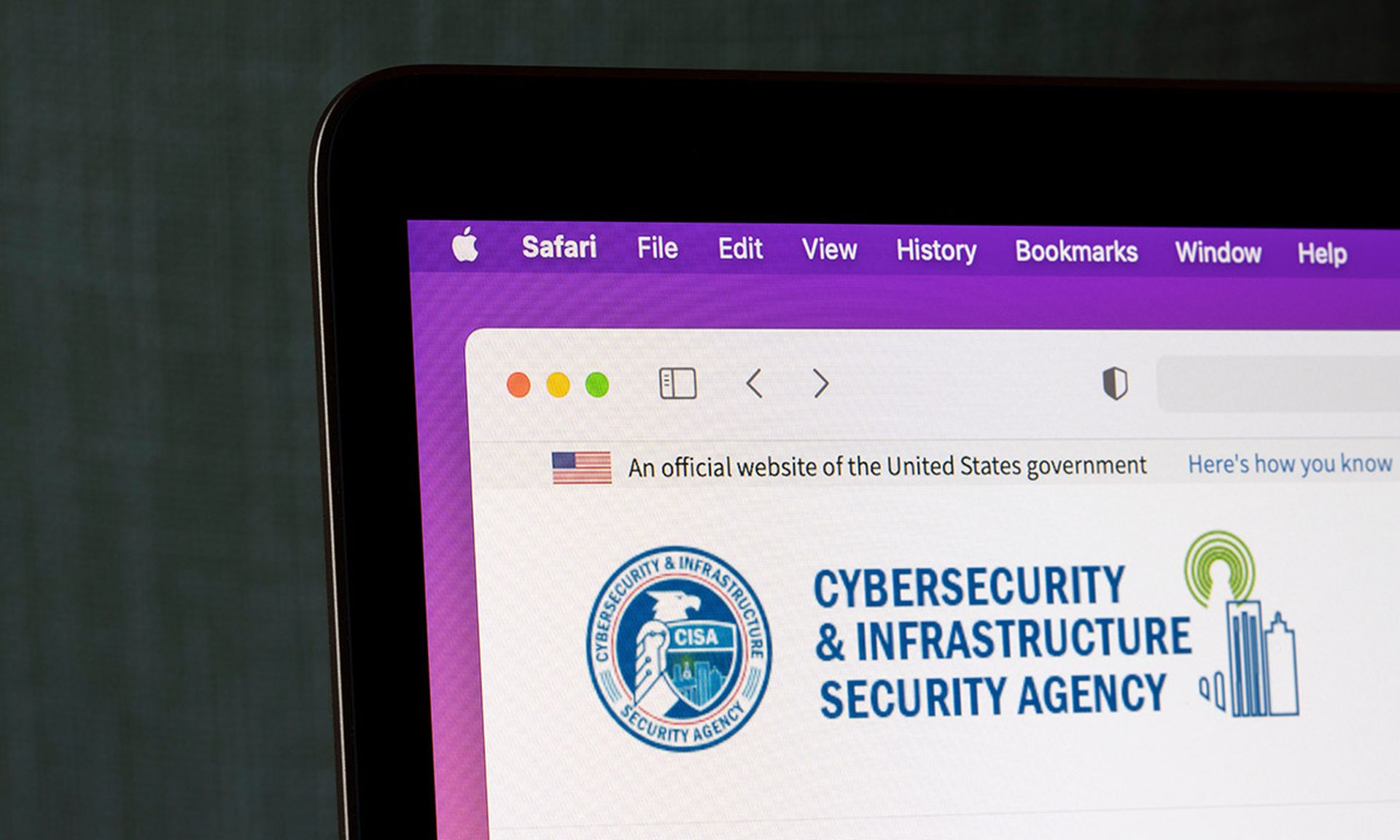
MSPs are inherently difficult to scale. Take a look around – there’s lots of small players and only a few “scaled up” outfits. Why you ask? It's not due to lack of trying -- as an MSP myself and now running Benchmark 365, I see a lot of MSP’s working really hard but not getting the growth they want. One common theme I see is a struggle to adjust to a “scaling mindset”.
Sure, it’s easy to say you want to scale, but incrementally adding one or two techies while you continue to spend your days answering service calls (and now also looking after staff) will never get you there. Why? Two reasons:
- Labor as a fixed cost will forever erode your margins – it’s getting costlier while what you can charge is, at best, staying the same.
- You can’t be an MSP entrepreneur if you continue to spend the majority of your time fixing problems. Unless you are spending 80%-90% of your day on sales, nurturing customer relationships and developing new services – you will fail to scale.
So what’s your “scale mindset”? Are you a techie or an MSP entrepreneur? If being the tech guy is your jam – great – but be happy to remain managing a handful of clients - who you hope will never leave you. But if you want to be an MSP entrepreneur – you have to think like an entrepreneur. What does that mean?
Define what success looks like for you and de-construct it into its component parts
And be specific. $2m in sales? 40% profit margin? $1m in take home earnings? More time with the kids or on the golf course? Also be specific about the timeframe. How much revenue, how many clients, what services, how much it will cost? How many bodies?
Really figure out how much it will cost.
It’s time to get real. Labor will be your biggest cost by far. It’s not just their salaries – it’s the time-cost of hiring, managing and firing; it’s the cost of their unutilized time – no-one works every minute of a 40 hour week - not to mention sick days, leave and after hours support. You can find some info on calculating MSP labor costs here. Now take yourself out of the support equation. Assume you will spend no time on servicing (as you will be “entrepreneur-ing”) and re-run the numbers.
Really figure out how much you can charge.
This is simpler. It’s unlikely that you can ever charge more than you currently are for your existing service offerings – so assume no price growth.
Then recoil in horror, pick yourself up and re-think everything
If you have been realistic about the above – I can pretty much guarantee your current MSP business model is going to be hard to scale. It is just not possible to grow as quickly as you need to today using the model that got you here.
MSP isn’t an app that gets downloaded 1 million times on the App Store. It’s human beings giving tech support to other human beings. You can make the work more streamlined, more efficient and more repeatable. But ultimately – it’s a labor business. And the job of the MSP entrepreneur is to think creatively on how to deliver great service and support to customers while anticipating and delivering what customers will need in the future.
So where to start? Here’s three important mindset adjustments.
Commit 80%-90% of your day to sales, nurturing customer relationships and developing new services.
It’s time to hang up the techie toolbelt and focus on the vision you want for your future. Commit to focusing on three things:
- Your existing customer relationships – what concerns they have in their business and how you can help them.
- New business sales and marketing – build your network, leverage referrals and nurture leads.
- Developing new services for the future. Technology and how it is delivered is in a constant state of disruption. What your customers valued you for yesterday is not what they value you for today - and on it goes into the future.
Labor can be a variable not fixed resource.
With labor costs perpetually in upward motion, you require a different labor model to support your customer service needs. Let go of the desire to do everything in house. Helpdesk and NOC outsourcing has come a long way but to scale you need to think of it as more than just extending your support hours or providing “overflow” support.
Equally, shelling out thousands of dollars for an RMM/NOC Service who bill you for endpoints even if that endpoint never has a support issue or isn’t particularly profitable makes little sense when you’re trying to scale. The same goes for using a closed door ‘master’ MSP that takes 50% of your margin and locks you in for years.
To scale, rethink your support model from end-to-end. It’s not an incremental change it’s a step-change tailored to your goals and outcomes. It why at Benchmark 365, we call our customers “Partners”. Because rather than just selling you an off the shelf helpdesk solution we look to help you construct a servicing model that maximizes the opportunity for you to focus on growth.
With true change comes disruption
That tired old cliché “You can’t make an omelet without breaking a few eggs” could not be more true. Scaling will require you to make some uncomfortable decisions and choices.
If you’re looking at offshoring/outsourcing and your primary concern is whether the provider uses this tool or that tool, ask yourself the following question. Do you want to be a master at your PSA software or the CEO of a rapidly growing, highly profitable MSP? Scaled up businesses aren’t die hard PSA fans.
In the short run, during a transition, its likely something will go wrong and a customer or two might get upset or even go away. The key is to keep your eye on the prize of long term growth and partner with someone who can help steer you through a transition and make sure you rectify and learn from the mis-steps. (Shameless Benchmark 365 plug.)
Some MSPs – say “My clients only want to deal with Bob or Jane or me” or worse “My clients don’t want to talk to someone with an accent”. It’s just not true – what clients want is swift, efficient help. Deliver that and they won’t care who it comes from.
The hardest decisions, of course, are those that involve your people. If you already have techs and support staff it might take some hard choices to get your business on track. Decide what skills you can outsource and what talent you need to keep in-house. Then assess who on your team has the potential and desire to go on the transition journey with you. Finding an outsourcing partner that can help you manage skill gaps and shifts in line with the personnel adjustments you make as you grow will help you enormously in maintaining your service delivery.
Scaling is not for the faint of heart. But if you do want to grow aggressively, don’t be afraid to question the industry norms, recognize you can’t do everything yourself and adjust your mindset from techie to MSP entrepreneur.
James Vickery is CEO of Benchmark 365, a private label MSP partner that offers around-the-clock helpdesk, NOC, Level 1, 2 and 3 support. Read more Benchmark 365 blogs here.




